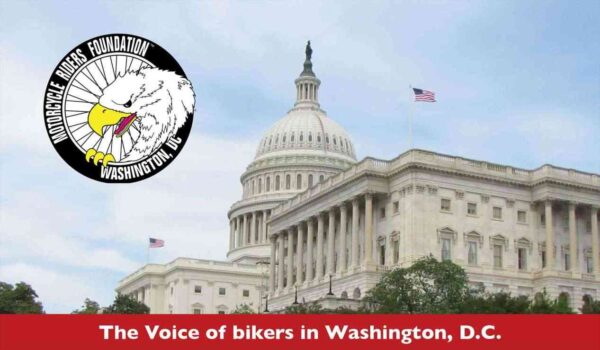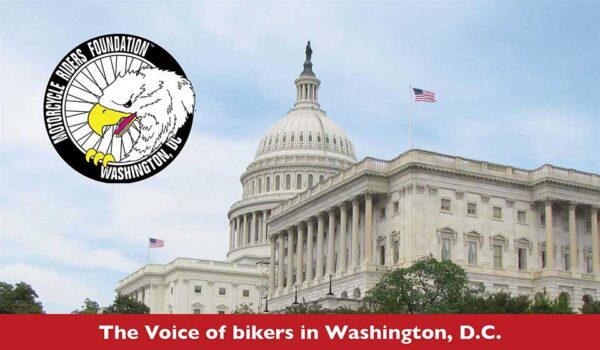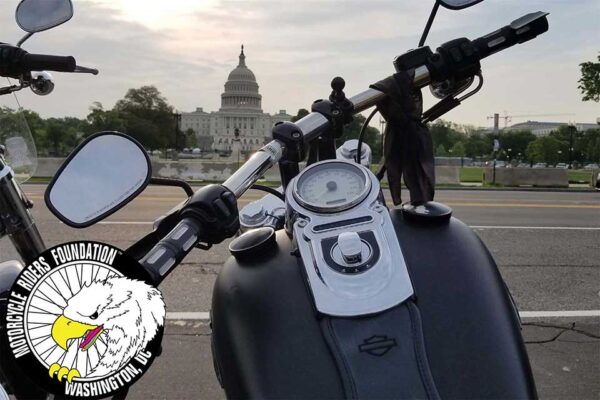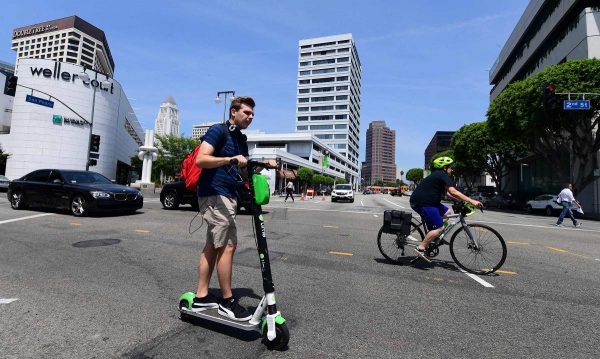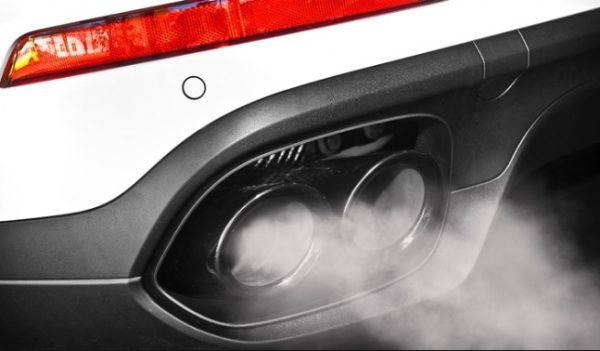Political Agendas on Electrical Vehicles Charge Up Emotions
by Colby Martin from SEMA Action Network (SAN) at https://www.semasan.com GROUNDING THE “EV” BUZZ Political Agendas Surrounding Automobiles Charge Up Strong Emotions The impending arrival of electric cars and trucks has caused quite a stir. Sure, everyone shares the well-intentioned notion of a healthier environment. But constant announcements about the potential phasing out of new gas-powered vehicles have enthusiasts worried about the future of the hobby. Thanks in part to a 24-hour news-cycle, the automotive-minded are forced to ponder this great unknown with greater frequency. With the topic weighing heavier on many minds, the question arises: what’s to become of the tailpipe—and when? Clearly there are crossed wires needing to be untangled. Acronym Soup First, we must understand the common lingo used in automotive discussions. The gasoline-sipping internal combustion engine (ICE) has long been the motivator of choice. However, the low- and zero-emissions vehicles (ZEVs) categories have emerged and made significant improvements in recent years. There are several different models of these cars and trucks such as electric vehicles (EVs), plug-in hybrids, and those running on hydrogen fuel-cells. With such competition, it may seem like traditional rides could have a tougher existence in a yet-uncertain future of alternative powerplants. Government Directives The latest update in the automotive world came from the nation’s top office: the Biden Administration. President Joe Biden signed the “Executive Order on Strengthening American Leadership in Clean Cars and Trucks” in August. In short, the measure calls for 50% of all sales of new cars and light trucks in the US be ZEV by the year 2030. “It is the policy of my Administration to advance these objectives in order to improve our economy and public health, boost energy security, secure consumer savings, advance environmental justice, and address the climate crisis,” said President Biden. Biden’s action was […]
Political Agendas on Electrical Vehicles Charge Up Emotions Read More »


